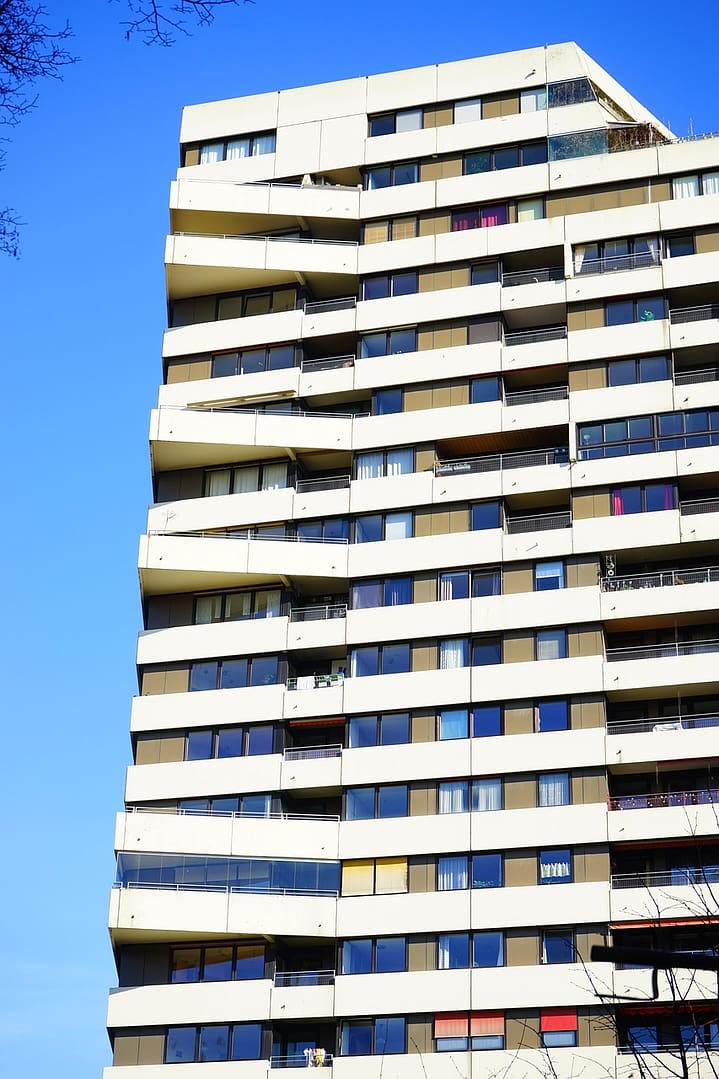When a landlord is unresponsive to repairs, it can create a stressful and frustrating situation for tenants. In the UK, landlords have a legal obligation to ensure their properties are safe and habitable, and this includes addressing necessary repairs in a timely manner. This comprehensive guide will walk you through the steps you can take if your landlord is failing to respond to your repair requests. We will also highlight how you can start a housing disrepair claim.
Understanding Your Rights as a Tenant
In the UK, tenants have a right to live in a property that is safe and in good repair. The Landlord and Tenant Act 1985 outlines the landlord’s responsibilities, which include:
- Keeping the structure and exterior of the property in good repair
- Ensuring installations for the supply of water, gas, and electricity are safe and in working order
- Maintaining sanitation installations (toilets, baths, sinks) in good working order
- Maintaining installations for space heating and water heating in good working order
If your landlord is failing to meet these obligations, you have the right to take action.
Documenting the Issue
The first step in addressing an unresponsive landlord is to document the repair issue thoroughly. Take photos or videos of the problem, and keep a record of any communication you have with your landlord regarding the repair. This documentation will be crucial if you need to escalate the issue further.
Communicating with Your Landlord
It’s important to communicate with your landlord in writing about the repair issue. This creates a paper trail that can be used as evidence if needed. Be clear and concise in your communication, outlining the problem, when you first reported it, and any impact it’s having on your living situation.
- Send a formal repair request: If informal communication hasn’t yielded results, send a formal repair request letter to your landlord. This letter should clearly outline the repair issue, the date it was first reported, and a reasonable timeframe for the repair to be completed. Keep a copy of this letter for your records.
- Follow up: If your landlord doesn’t respond to your formal repair request within a reasonable time, follow up with another letter or email. You may also want to try contacting them by phone to discuss the issue.
Escalating the Issue
If your landlord remains unresponsive, you may need to escalate the issue further.
- Contact your local council: Your local council’s environmental health department can investigate complaints about substandard housing conditions. They have the power to issue enforcement notices to landlords, requiring them to carry out necessary repairs.
- Consider alternative dispute resolution: If direct communication and council intervention haven’t resolved the issue, you may want to consider alternative dispute resolution (ADR). This involves using a neutral third party to help you and your landlord reach an agreement.
- Take legal action: As a last resort, you may need to take legal action against your landlord. This could involve applying to the court for an order requiring your landlord to carry out the repairs, or claiming compensation for any losses you’ve suffered as a result of the disrepair.
Additional Considerations
- Rent withholding: In some cases, you may be able to withhold rent if your landlord fails to carry out essential repairs. However, it’s crucial to seek legal advice before doing so, as there are strict rules governing rent withholding.
- Retaliatory eviction: It’s illegal for landlords to evict tenants in retaliation for complaining about repair issues or taking legal action. If you believe you’ve been evicted in retaliation, you may be able to challenge the eviction.
Making a Housing Disrepair Claim with National Claims
At National Claims, we understand the significant impact that housing disrepair can have on your health, well-being, and overall quality of life. If you believe you or a loved one has suffered harm due to substandard living conditions, mould, dampness, structural issues, or any other form of housing disrepair, we are here to help you seek the justice and compensation you deserve.
We recognise that every housing disrepair case is unique, and we’re here to offer you a free, no-obligation consultation to discuss your specific situation. During this consultation, we’ll listen attentively to your experience, carefully review any evidence you have, and assess the potential strength of your claim. Our team will then connect you with a solicitor from our panel who specialises in housing disrepair claims, ensuring that you receive the expert legal representation needed to navigate the complexities of your case and pursue the compensation you are entitled to.
Don’t let housing disrepair go unchallenged. Contact National Claims today for your free consultation and take the first step toward obtaining the justice and resolution you deserve.
*Customers pay up to 25% (incl. VAT) of the amount recovered towards solicitor costs and if you cancel outside your cooling off period, you may be charged a fee.
Contact us today to speak to one of our claims agents who will be able to help you get started on your claim.
Click below to see why we are one of the most trusted claims management companies in the UK.

We’re proud of our excellent customer reviews
We thrive on delivering exceptional service and ensuring our clients’ satisfaction. Don’t just take our word for it. Check out some of our independent reviews to see what our clients have to say.
Excellent

This firm is excellent, they sorted out my car pay out and injury claim very fast, they always communicate with you all the time.

My accident case was dealt with confidence and with great result of the outcome, especially James kept me informed all the time.

I was very impressed at the way my inquiry was treated. I was listened to attentively and everything I needed to know was explained to me.






